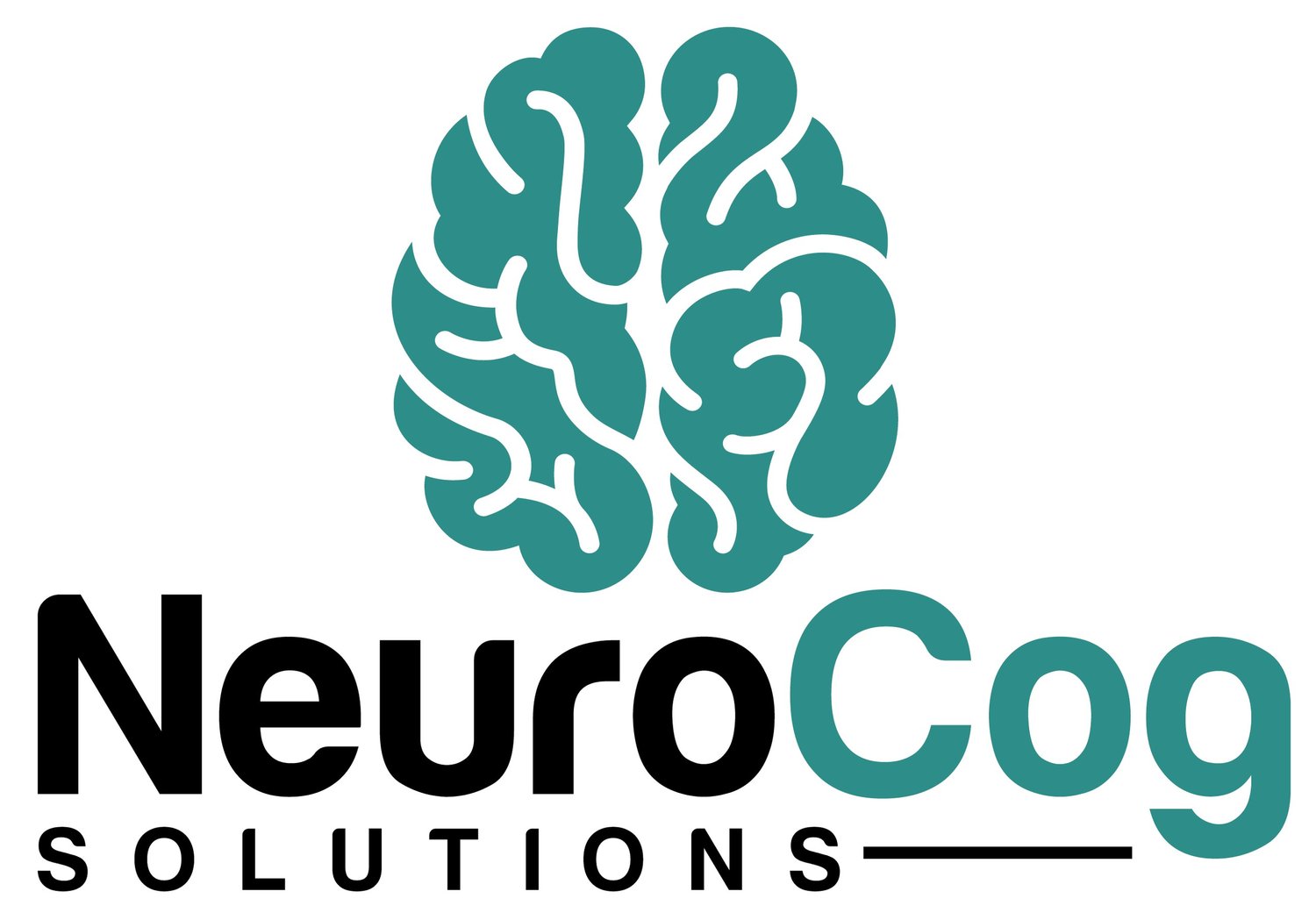
Tailored Neuropsychological Treatment
Our focus on each patient’s individual condition and struggle is what makes our practice stand out. We are focused on ensuring that we do everything in our power to put our patients and their families on the best path forward. While many brain injuries and conditions cannot be cured, early intervention can delay or slow the effects of dementia, and can improve the effects of traumatic brain injuries, strokes, and other conditions.
What are neuropsychological treatments?
We look at each patient and symptoms from a holistic perspective. Our recommendations address several different areas of life that may play a role in your presenting problems. Neuropsychological recommendations often include the following areas:
Medical
Psychological
Cognitive training and rehabilitation
Additional therapies (Physical Therapy, Speech Therapy, Occupational Therapy)
Health and Wellness
Daily Living Strategies
Safety concerns and strategies for management if applicable (e.g., driving safety, medication administration safety, fall or wandering risk, etc.)
Family Supports
Community and Online Resources (e.g., support groups, recommended readings, Clinical Trials)
Future planning (e.g., decision making)
Recommendations for repeat testing in the future (if monitoring is needed)
Why would I need repeat neuropsychological testing?
Repeat testing is often recommended when a person’s condition needs monitoring. Depending on the problem, symptoms can improve, stay the same, or worsen over time. There may be times when a person’s scores on the first test do not indicate a dementia process, but the individual may have risk factors for decline. In that case, the initial neuropsychological evaluation can act as a baseline for comparison to see if cognitive skills are worsening in the future. Usually, repeat testing does not take as long as the initial test. Specific tests will be selected to determine change over time, so the evaluation may only take 2-3 hours instead of 5-6.
